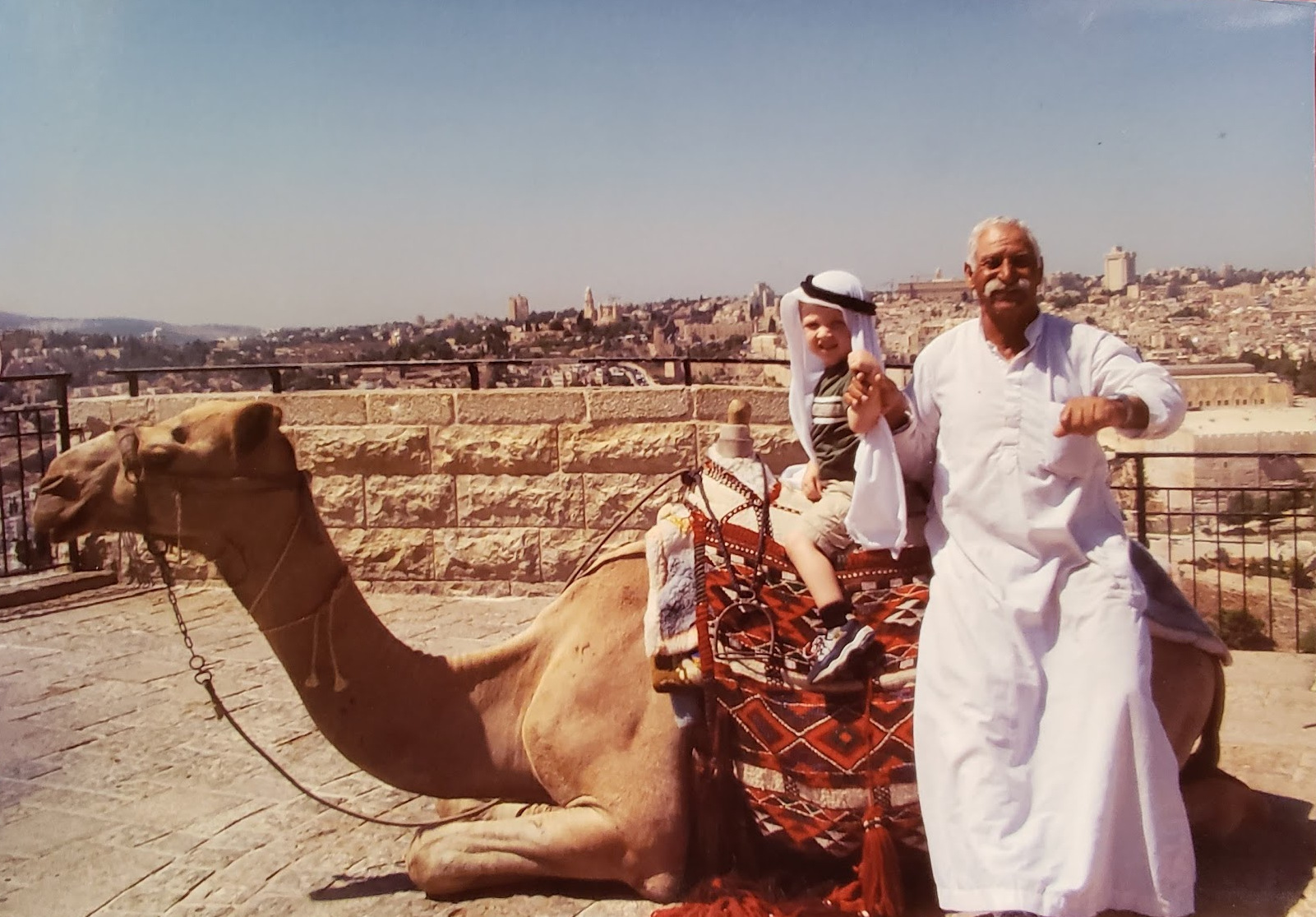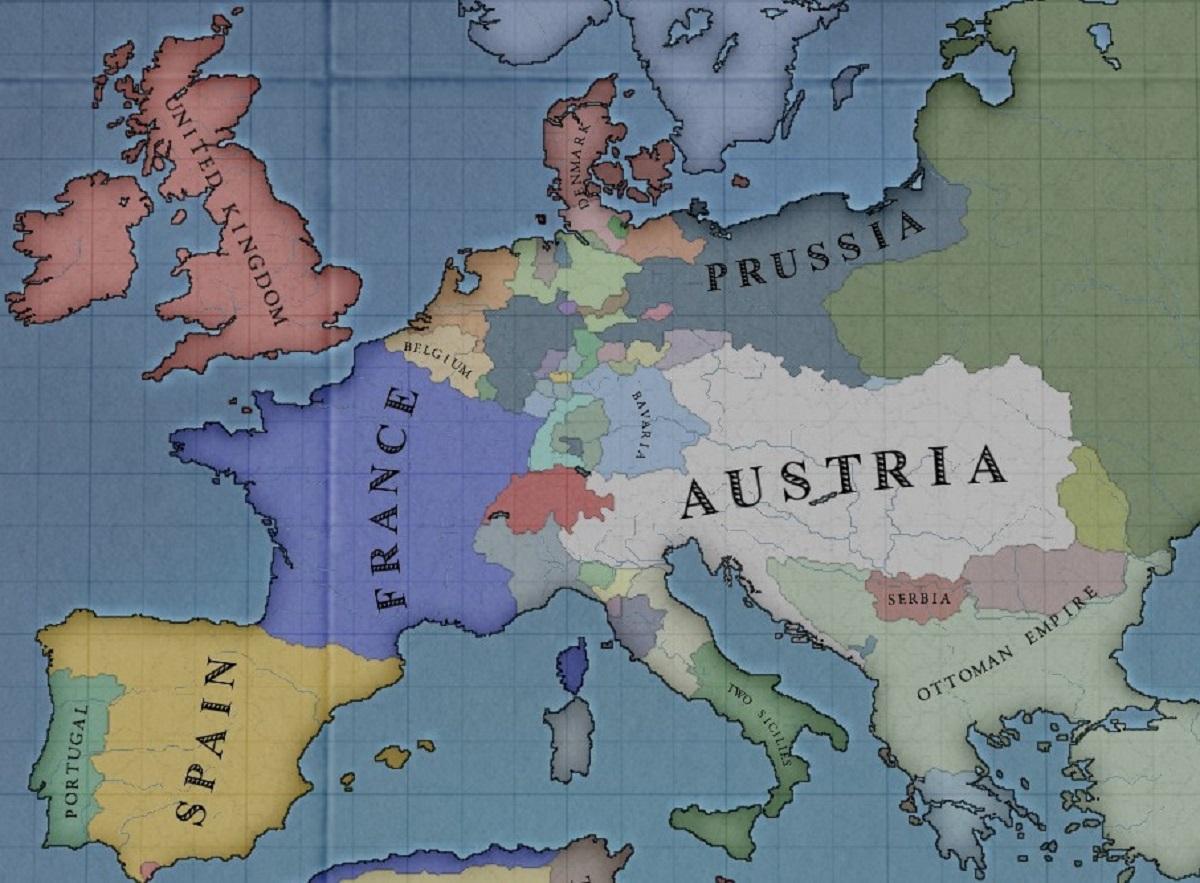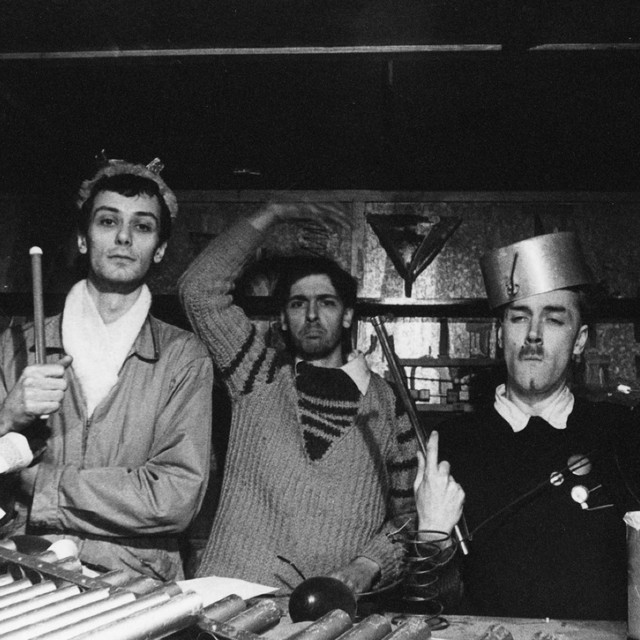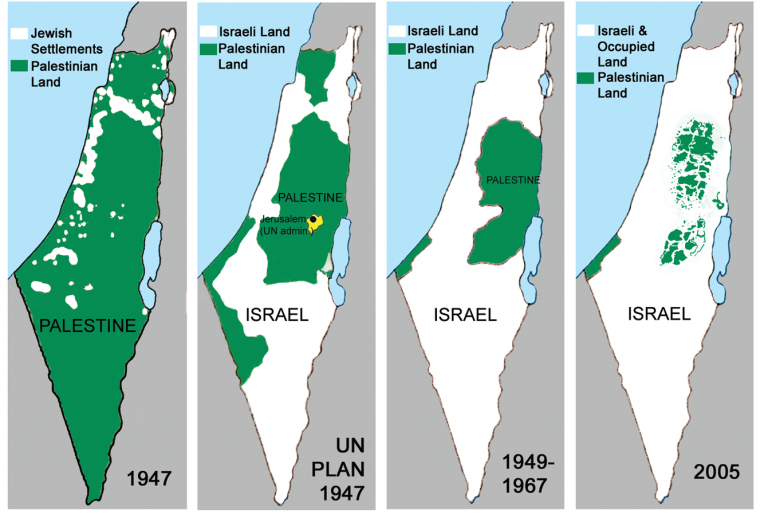history isn’t fanfic
tl;dr: donate to palestinian charities and stand up against israeli terrorism (while listening to deceit.)
Ever since I was a kid, my family has helped me to appreciate history.
There’s the usual warm memories of my dad and I watching the HISTORY channel and him telling me how crazy Hitler was for invading Russia in the winter.
My uncle too when he’d drive me to Catholic class as a kid would tell me about how big the blast radius of a nuke was or who was the best president or even about a war between Mexico and the US 150 years ago.
We’d go on trips from DC to St. Augustine here in the states to foreign places like Chichen Itza, the Vatican, and even Bethlehem.

Eventually, I carried over this interest to my high school years in nerdy ways: history bowl tournaments and paradox history games.
gamification
I’ll start out with history bowl since that’s way less known.
History bowl is a 4 vs. 4 trivia competition with four rounds with varying rule that don’t really matter here. Basically, a question is read aloud, and each team has a chance to buzz in as it’s read to get the points. Your team gets only one buzz per question, and there’s no communication allowed; each member just has to know their stuff.
The big thing that made it so unique to whatever kahoot history trivia game you might’ve played with a sub was the questions. Question sets in an average history bowl game are very scattered. Here is a little sample of what I mean:
NOTE: If you wanna play at home, scroll down one line at a time until you think you know the answer then check to see if it’s right.
This process led to the martyring of the Bandiera Brothers. The Battle of Solferino helped accelerate this process by forcing Austria to cede land in the Treaty of Zürich. This process spread to the southern regions with the Expedition of the Thousand. Count Cavour helped engineer this process alongside Giuseppe Garibaldi. For ten points, name this process which resulted in a new nation centered at Rome.
ANSWER: Italian unification (accept the Risorgimento)
For designing one of these facilities, John Cockcroft and Ernest Walton won a Nobel Prize in 1951. After already spending 2 billion dollars, the development of one of these facilities named the SSC was canceled by Congress in 1993. Public safety concerns were raised after people thought one of these facilities built by CERN was capable of producing black holes. The Tevatron and the RHIC are examples of, for ten points, what scientific devices used to study physics at the atomic level, such as the Large Hadron Collider?
ANSWER: particle accelerators (prompt on “atom-smasher” and other colloquial terms for a thing that bashes particles together and/or makes them go really fast
Description acceptable. Thomas Aquinas cited Genesis 1:28 [chapter 1, verse 28] as Biblical justification for this general action, so long as it was used as a means to divine happiness. The “spoilage” and “enough and as good” provisions limit the right to this practice, according to John Locke, who stated that this practice became legitimate through the mixing of labor. Rousseau’s Discourse on Inequality blames all the world’s “crimes, wars, and murders” on this practice, which takes place through enclosure of the commons. For ten points, name this practice that Locke sought to protect alongside life and liberty.
ANSWER: owning private property (accept equivalents; accept descriptions relating to buying property; accept land, goods, things, etc. as substitutes for property; accept the pursuit of property and similar phrases after “spoilage” is read; prompt on partial answers)
Political, scientific, and philosophical history all from the same game set (there’s also a popcorn question I almost added)
For anyone lucky enough to not know, Hearts of Iron IV and all the other similar paradox games like Europa Universalis IV and (my favorite) Victoria II are massive strategy games that attempt to simulate playing a state from 1444-1950 with in-game armies, economies, and diplomacy.
This stuff is real nerdy and takes sooo much time to learn and play, but it was a great source of fun and giving real color to what the Holy Roman Empire actually was or why a place as tiny as Haiti would be as wealthy and desired as it was in the seventeenth century or any boring fact that turns into solid game mechanics you interact with to simulate being Richelieu for an evening.

Cause of these games and way too much time studying nonsense, I got to be the ‘politics/war guy’ on my history bowl team answering all the questions relating to Tamerlane or German Unification or the Spanish Civil War.
The most skilled person on our team was a big Sabaton fan, and he’d be the first to buzz in when he heard anything about WWI or the Northern War.
Even though I’m glad to’ve grown out of it by now, I’m still really happy with the teenage years I spent in history bowl and Vicky 2. The stuff I learned then gave me the cognitive ease to learn about history today.
the past as narrative
When I went to study math in college, I gave up learning any kind of real history from professors or with my peers. Getting into proofs was awesome, but I still wanted to continue all I’d learned from high school.
I had no reason to memorize facts about French presidents or Indian wars anymore, so I didn’t. Instead, I transformed my love of history from just trivia-hoarding into a real appreciation for one of the most ancient of the humanities.
One thing I learned pretty early on was how cool historical narratives actually are. I read a lot of history books in high school but mostly for the sake of AP tests and extracting trivia from them. One legendary book that kept me curious my freshman year was The Rise and Fall of the Third Reich by William L. Shirer. A book I loved reading this summer was How to Hide an Empire by Daniel Immerwahr.
This wasn’t just nonfiction books and documentaries either. I’ve learned to appreciate a lot more art that uses the past as allegory for the artist’s present. One of my favorite albums, Deceit is rooted in the left anti-war movements of the late ’70s and interlaces Latin conjugations, historical and biblical allusions, and really cool drumming to hold a mirror to our own brutality and lies. Instead of just saying how cool Spartans were, This Heat uses their references to make us reckon with some dark stuff.

dialogue as a medium of history
Something really useful I wish I knew sooner is how easy it is to email historians and authors. I’ve contacted quite a few about history questions and asking for book recommendations to keep reading more cool stuff. And I guess that leads to my main way of engaging with the past in my life.
History is a humanity, and the best way I’ve found to learn humanities is talking to other real people. I reconnected with my American history teacher I had in high school, and discussing with him how history shapes the world today has been the biggest shift in how I think about the past.
The main issue with Sabaton and HOI4 and all these other autistic expressions of interest in history is turning our ancestors into fan fiction. It’s so easy to go into these things with the idea that the fall of Byzantium is equivalent to Death Star blowing up Alderaan or how Hitler is just like Voldemort or other silly thoughts like that cause of how separated it is from real human beings.
So reading books is great, talking to historians is great, but the best way of experience history second-hand is the times I get to talk to the real actors of that make our world turn.
I got to talk with Chileans that became revolutionaries and overthrew Peñera. I’ve spoken with both veterans and protestors of Vietnam and Iraq telling me their stories. I’ve studied from Russian immigrants that fled the collapsing USSR and had to leave their families like how my own was uprooted from Mexico. And lastly I’ve heard Jews tell me their their times in the kibbutz and the Israeli government coaxing them to settle former Arab land.
israel/palestine
I planned on writing this article well before October 7, but I think it’s more important than ever to share. Everyone should stand up to the massacre being committed in Gaza right now.
There was a real crime that happened to innocent Israelis and Jews by Hamas, but instead of seeking real justice and finding a way to end the violence, the Israeli government sees this how Austrian General Franz Conrad von Hötzendorf saw the death of Franz Ferdinand: “…a gift from Mars.”
Now we get to see the IDF cut food, water, and electricity from an already besieged population and force hundreds of thousands to flee their homes then bomb them in refugee camps anyways. At present, 6,000 women and children have died to “the most moral army in the world.”
This isn’t really new. Any honest student of history can see the obvious expansionist and colonial nature of the State of Israel. They’ve invaded, bombed, and terrorized their neighbors for decades. Within their own defacto borders, they’ve been massacring their captive Arab population and calling it war with invented phrases like “mowing the lawn” but older words are more honest about what the IDF has done to Palestine: pogroms, terrorism, and genocide.

The main point of learning history isn’t for entertainment; it’s for using the past as a new avenue for empathy. It’s about cutting through lies and caring about people over governments, condemning colonialism and hatred for anyone, not just Jews. It’s not about debating whether or not states have a right to exist but rather defending people’s right to exercise that privilege themselves.
Gazans and Palestinians need good people standing with them now more than ever. I gave what I could to charity, and I encourage you to do the same: